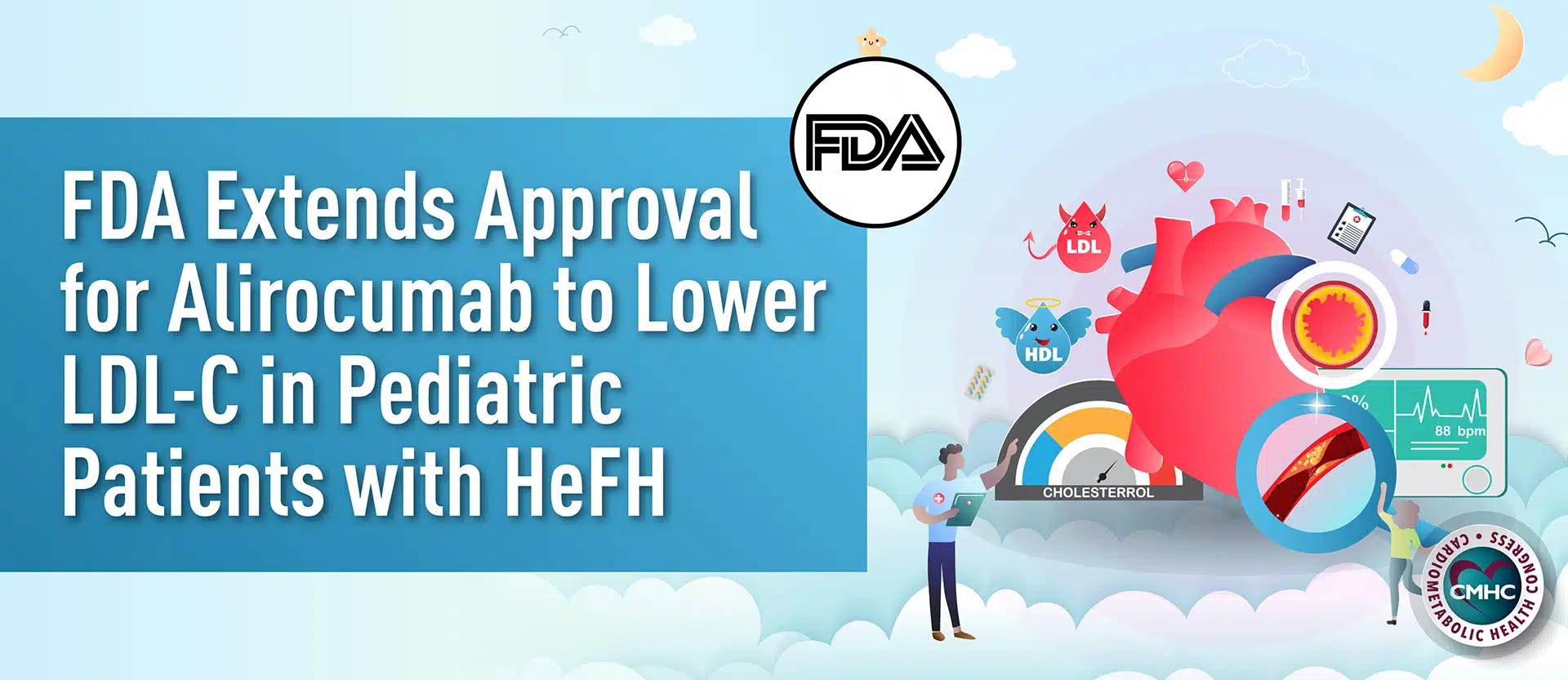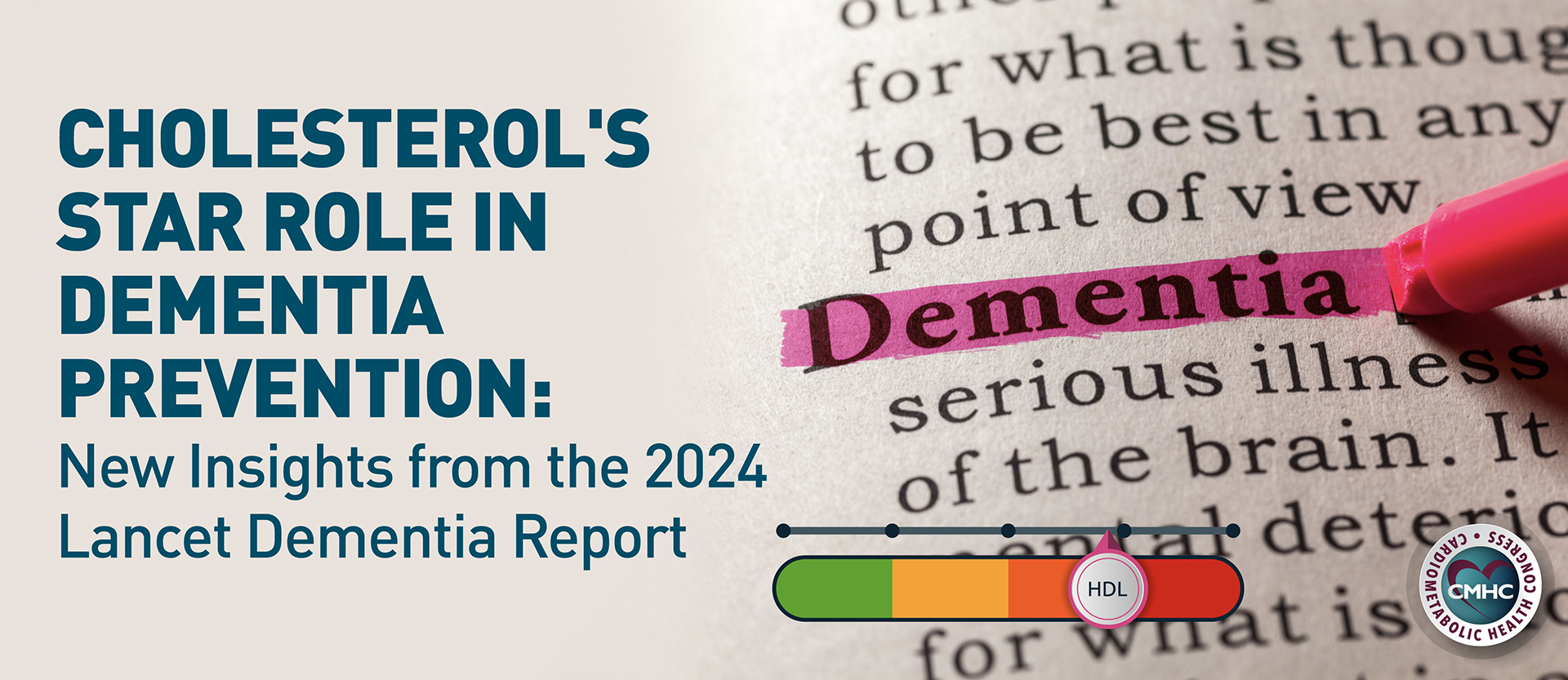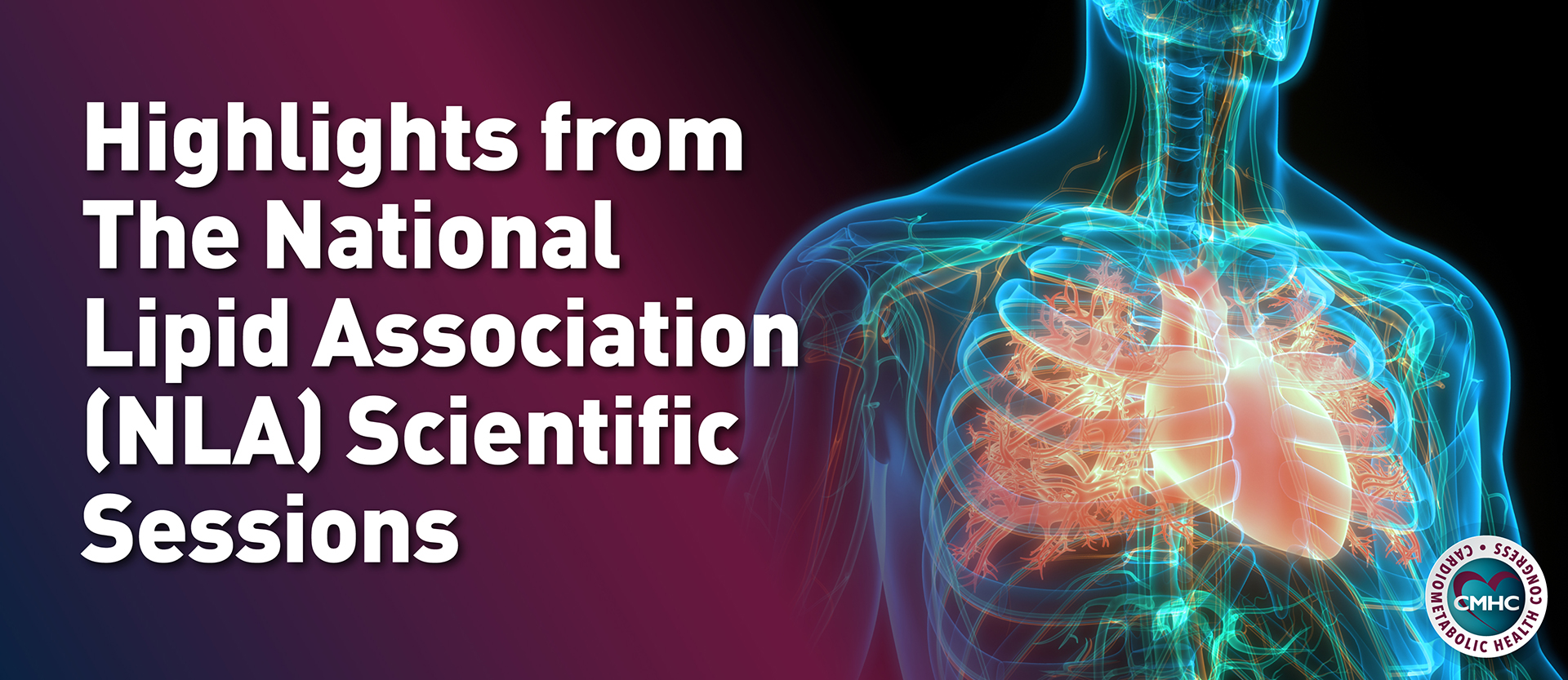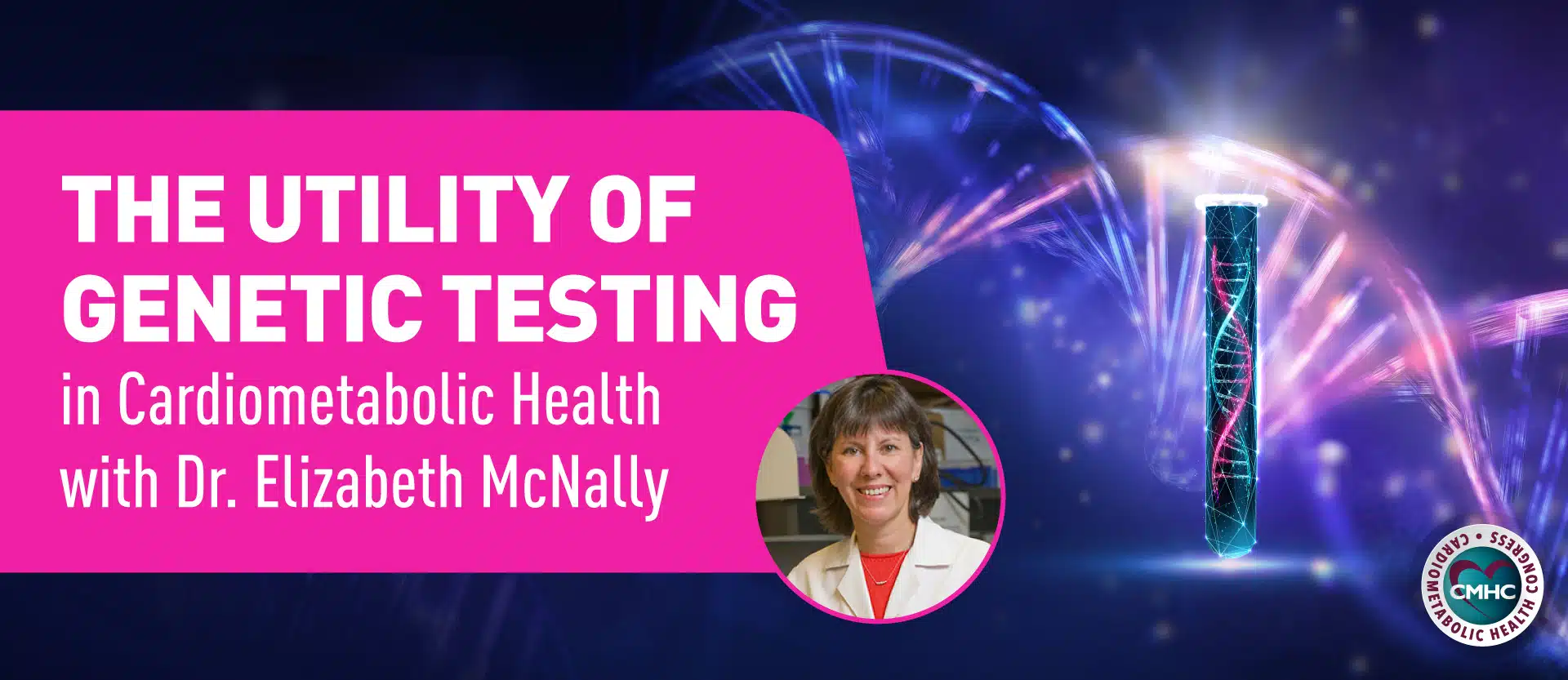Addressing an Unmet Need in Pediatric Patients with HeFH
Heterozygous familial hypercholesterolemia (HeFH) affects about 1 in 313 people—characterized by dangerously high low-density lipoprotein cholesterol (LDL-C) levels. Untreated, it can trigger early heart disease. Detecting and treating it early in pediatric patients can prevent heart problems later. American College of Cardiology/American Heart Association guidelines define acceptable LDL-C under 110 mg/dL in pediatric patients and recommend patients should start statins (or nonstains if stain intolerant) as young as age eight. However, despite high-dose statins or multiagent lipid-lowering therapies (LLTs), some don’t hit targets, so additional LLTs are needed.
New Treatment Option for Pediatric Patients with Genetic Form of High Cholesterol
On March 11, 2024, Regeneron Pharmaceuticals, Inc. announced the extension of approval for Praluent® (alirocumab) by the U.S. Food & Drug Administration (FDA) to include pediatric patients aged eight and older with heterozygous familial hypercholesterolemia (HeFH) as an adjunct to diet and other LDL-C lowering therapies. Alirocumab, a fully human monoclonal antibody, binds and inhibits circulating PCSK9 and has been found to reduce LDL-C and other atherogenic lipoproteins in those with hyperlipidemia either as a monotherapy or combined with other LLTs.
Prior Indications in the U.S.:
To reduce the risk of myocardial infarction, stroke, and unstable angina requiring hospitalization in adults with established cardiovascular disease.
As an adjunct to diet, alone or in combination with other LDL-C lowering therapies in adults with primary hyperlipidemia, including HeFH, to reduce LDL-C.
As an adjunct to other LDL-C-lowering therapies in adults with homozygous familial hypercholesterolemia (HoFH) to reduce LDL-C.
New Expanded Approval: The expanded approval now supports the use of Alirocumab injections to treat children aged eight years and older with HeFH alongside diet and other LDL-C lowering treatments to reduce LDL-C.
Statement from Dr. Mary P. McGowan, Chief Medical Officer of the Family Heart Foundation:
“Many children with heterozygous familial hypercholesterolemia (HeFH) are able to substantially improve their LDL-C (bad cholesterol) with currently available therapies. But for those children whose LDL-C remains dangerously high, this approval is an important milestone as it gives these children and their families an additional option to help reduce and manage their LDL-C levels much earlier in their lives.”
The Alirocumab HeFH Pediatric Trial
In this Phase 3 trial published in JAMA, 153 pediatric patients aged 8 to 17 years with heterozygous familial hypercholesterolemia (HeFH), researchers conducted a 24-week double-blind, placebo-controlled evaluation of the safety and efficacy of Alirocumab. Participants at baseline had a low-fat diet and received background lipid-lowering therapy before being randomly assigned in a 2:1 ratio to receive either Alirocumab or placebo every 2 or 4 weeks, with dosage based on body weight.
Results showed that patients receiving Alirocumab achieved a statistically significant 31% lower LDL-C level compared to placebo in both dosing cohorts at week 24. Additionally, improvements were noted in other key lipid parameters. Alirocumab demonstrated a generally well-tolerated safety profile consistent with previous findings in pediatric and adult patients with HeFH.
Key Takeaway
Some pediatric patients with heterozygous familial hypercholesterolemia (HeFH) struggle to reach recommended LDL-C levels on statins alone and may require additional lipid-lowering therapies (LLTs). The results of the Alirocumab HeFH Pediatric Trial suggest that Alirocumab could serve as an effective adjunct LLT for pediatric patients with HeFH who have insufficient control with statins. With lipidology and preventive cardiology increasingly addressing the cardio health needs of children, the evolving landscape of non-statin therapies should continue to offer more options for achieving LDL-C goals in pediatric patients.


















